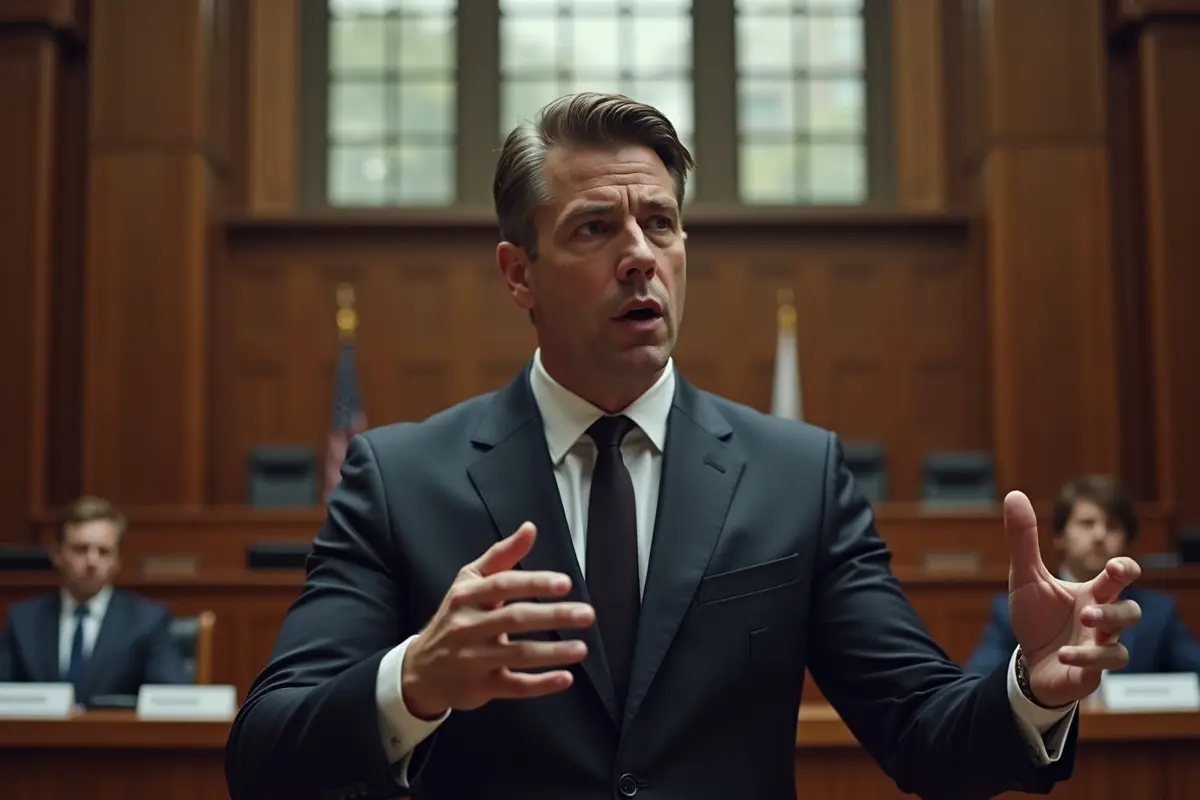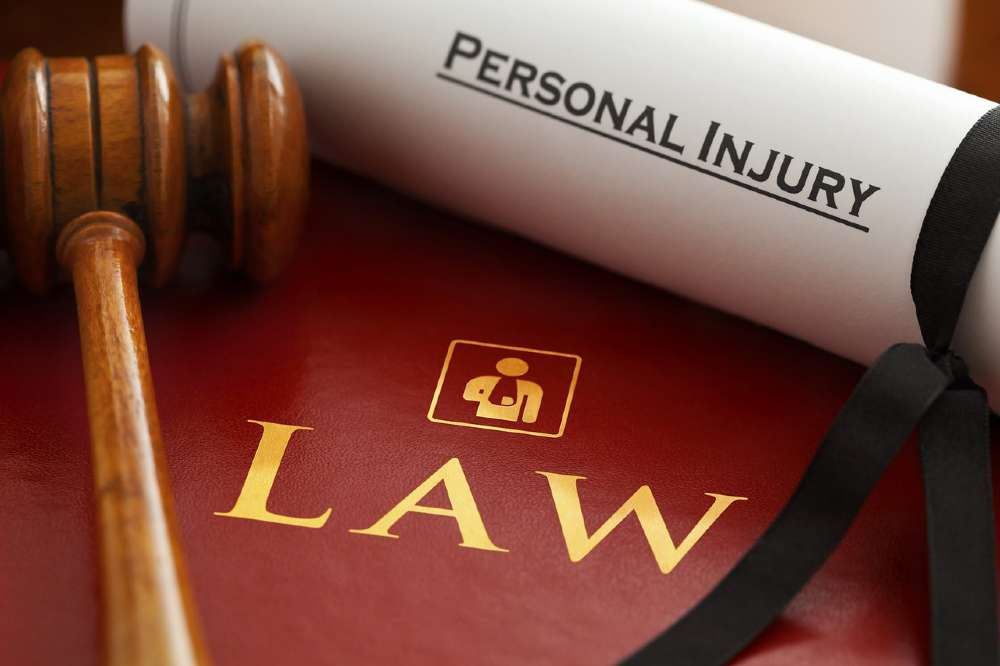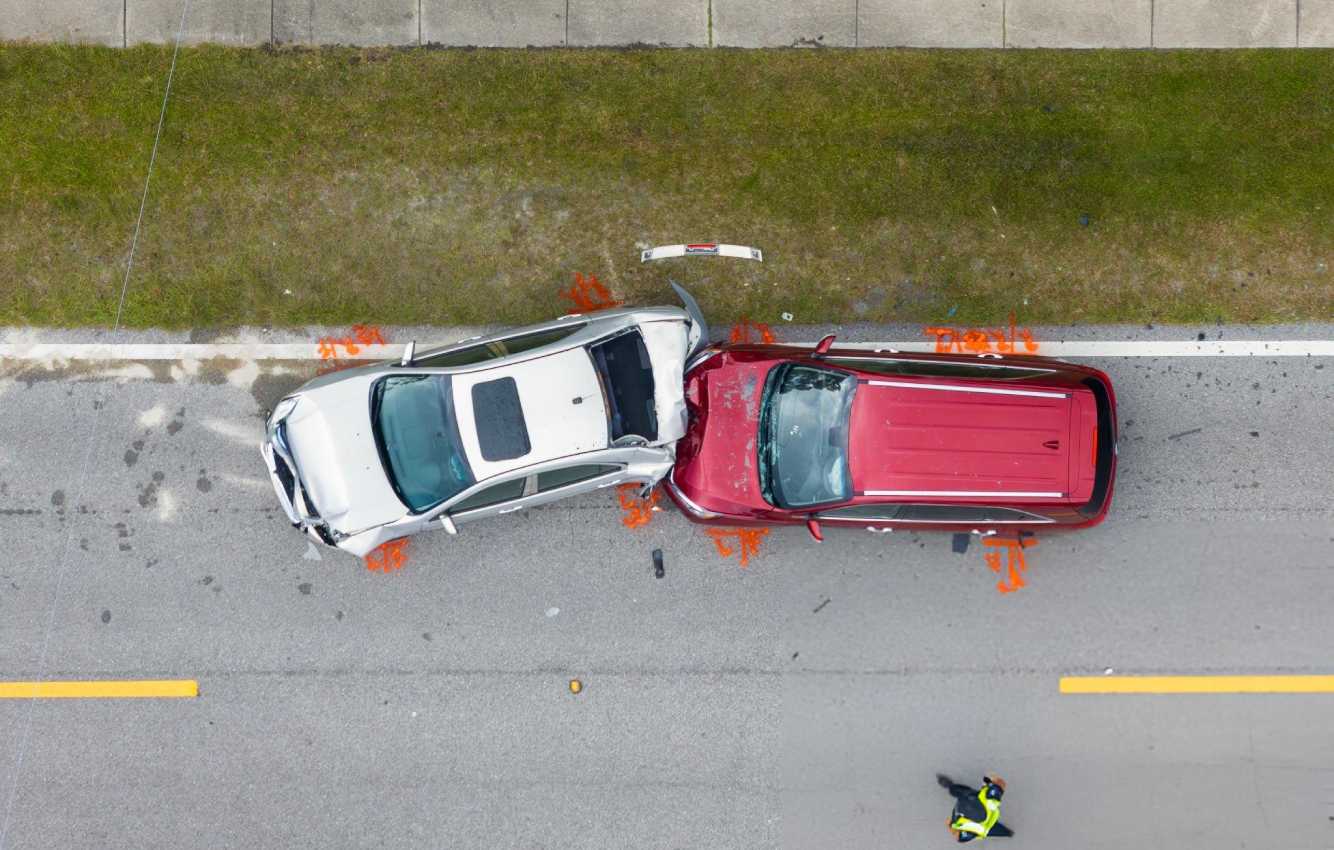Facing criminal charges is terrifying, and most people assume their lawyer is doing everything possible to defend them. But not all criminal defense attorneys put in the same effort. Some are overwhelmed with too many cases, others lack the experience or motivation to fight aggressively, and a few are just going through the motions to collect their fees.
The problem is that most clients have no legal background and can’t tell the difference between a lawyer who’s actually working hard and one who’s doing the bare minimum. Here are the signs that reveal whether a criminal defense attorney is truly fighting for their client or just coasting toward whatever outcome is easiest.
They Actually Communicate Regularly
The clearest indicator of an attorney who cares about a case is consistent, clear communication. They return calls and emails within a reasonable time – usually within a day or two. They explain developments in the case without being prompted. They make sure clients understand what’s happening and why certain decisions are being made.
Lawyers who go weeks without contact, never return messages, or only communicate through assistants who don’t know case details – those are red flags. Criminal cases move quickly, and attorneys who can’t be bothered to keep clients informed probably aren’t putting much effort into the case itself.
The excuse “I’ve been busy” might be true, but it’s also irrelevant. Every criminal defense attorney is busy. The ones who care about their clients find ways to communicate anyway because they understand how stressful facing charges is and how important it is for clients to stay informed.
They Challenge Evidence and Question Everything
Effective criminal defense means scrutinizing every piece of evidence the prosecution plans to use. Was the stop legal? Was the search warrant valid? Were statements obtained properly? Are lab results reliable? Did police follow proper procedures?
Attorneys who are actually fighting file motions to suppress illegally obtained evidence, challenge witness credibility, hire experts to review forensic evidence, and question every assumption the prosecution makes. They don’t just accept the state’s version of events – they dig into the details looking for problems, inconsistencies, and constitutional violations.
Lawyers who tell clients “the evidence is what it is” or suggest there’s no point fighting certain aspects of the case probably aren’t working very hard. There’s almost always something to challenge, some angle to pursue, some way to create reasonable doubt or weaken the prosecution’s position.
They Investigate Beyond the Police Reports
Police reports tell one side of the story – the side that led to an arrest. Good defense attorneys conduct their own investigations. They interview witnesses the police might have ignored. They visit crime scenes. They review surveillance footage. They track down evidence that contradicts the prosecution’s narrative.
This investigative work costs time and money, which is why some attorneys skip it. They rely solely on what the prosecution provides through discovery and never look deeper. But cases are often won or lost based on evidence that wasn’t in the original police investigation.
When working with Goss Law attorneys or any criminal defense team, clients should see signs of independent investigation – requests for information, discussions about potential witnesses, questions about details that might lead to exculpatory evidence. If the attorney never seems to dig beyond what the prosecutor handed over, that’s concerning.
They’re Prepared for Every Court Appearance
Attorneys who are fighting show up to hearings and court dates thoroughly prepared. They know the facts of the case cold, they’ve researched relevant case law, they have arguments ready, and they bring necessary documents and evidence.
Lawyers who show up unprepared – fumbling through files in the courtroom, asking clients for basic information they should already know, making arguments that judges immediately reject – those attorneys aren’t putting in the work between court dates. Preparation is time-consuming, and lazy lawyers skip it.
Clients can gauge preparation by how confidently their attorney handles court proceedings and whether they seem to know their case as well as the prosecutor knows it. If the attorney is constantly caught off guard by things they should have anticipated, that’s a bad sign.
They Explain Strategy, Not Just Procedures
Good defense attorneys don’t just tell clients what’s going to happen next – they explain why they’re making certain strategic choices. Why are they filing this particular motion? Why is a bench trial better than a jury trial in this situation? Why is this plea offer not good enough?
Attorneys who can’t or won’t explain their strategy either don’t have one or don’t trust their clients enough to be transparent. Either way, it suggests they’re not giving the case the attention it deserves. Defense work requires strategic thinking adapted to each unique case, not just following a standard checklist.
They Fight for Better Plea Offers
Most criminal cases end in plea bargains, not trials. But that doesn’t mean the first offer from the prosecutor should be accepted. Attorneys who are actually fighting negotiate aggressively for better terms – reduced charges, lighter sentences, alternative programs that avoid jail time.
Lawyers who present the first plea offer as a done deal, pressure clients to accept it quickly, or suggest it’s the best anyone could hope for without even trying to negotiate – those attorneys aren’t fighting. Plea negotiations require effort, legal knowledge, and willingness to prepare for trial as an alternative. Lazy lawyers want clients to plead quickly so they can move on to the next case.
They’re Willing to Go to Trial
Here’s the ultimate test: is the attorney willing and able to take the case to trial if necessary? Some defense attorneys never go to trial. They handle everything through pleas because trials are time-consuming, risky, and require significantly more work.
But the willingness to go to trial – and having the skills to do it effectively – is what gives defense attorneys negotiating power. Prosecutors know which lawyers will actually fight in court and which ones always fold. They adjust plea offers accordingly.
Attorneys who’ve never tried a case, who seem anxious about trial, or who pressure clients to plead even when the evidence is weak probably aren’t the fighters clients need in serious situations.
They Track Deadlines and Don’t Miss Opportunities
Criminal cases have strict deadlines for filing motions, presenting evidence, and appealing decisions. Missing these deadlines can destroy defense opportunities. Attorneys who care about their cases track every deadline carefully and file everything on time.
Lawyers who miss filing deadlines, forget to submit important documents, or let opportunities pass because they weren’t paying attention – those are signs of negligence, not zealous advocacy. This kind of sloppiness can’t be fixed after the fact.
Trust Your Instincts
Sometimes clients just get a feeling that their attorney isn’t really fighting for them. Maybe the lawyer seems distracted, dismissive, or more interested in moving quickly than in exploring every defense option. Those instincts are often right.
Criminal defendants have a right to effective legal representation. If an attorney isn’t providing that, clients can and should consider finding new representation before it’s too late. The consequences of inadequate defense can be life-changing, making it too important to ignore warning signs that a lawyer isn’t actually fighting for the best possible outcome.




